employee inventions
Check the ownership of inventions made by your employees
90% of patented inventions are made by employee inventors.
Depending on the conditions under which the employee’s invention was conceived, the rights to the invention, and thus the choice of whether or not to file a patent, belong either to the employee or to the employer.
Who owns the invention?
The law distinguishes three categories of employee invention:
Mission inventions
the employee inventor has an inventive mission (e.g. R&D engineer), the invention automatically belongs to the employer, who must pay additional remuneration to the employee inventor.
Non-mission inventions attributable to
the employee has no inventive mission (e.g. HRD) but has developed an invention in the course of his work. The employer can claim the invention for a “fair price”.
Non-attributable inventions
the employee has no inventive mission and has developed an invention outside the scope of his employment. He remains the full owner of his invention, and the employer cannot attribute it to himself.
In any case, employees are obliged to declare any inventions they make, in order to inform their employers and enable them to determine the rights they believe they hold over the invention. The purpose of the declaration is to define, in the long run, who can file the patent: the employee or the employer.
Nor should we overlook the case of non-salaried inventors such as freelance service providers or interns. In the case of the provider, it will be necessary to pass by a contract of transfer of the invention towards the company.
For the intern/trainee, the situation has changed recently. While it used to be necessary to transfer the invention, this is no longer necessarily the case. Thus, a trainee placed under the responsibility of the company by an internship agreement including an inventive mission and receiving compensation (financial or material) for carrying out his or her mission may, depending on the case, be considered as a salaried inventor. His invention will then be directly attributed to the company.
Why is employee invention policy important?
The issue of employee inventions should not be overlooked as it can have significant financial consequences. Indeed, if the additional remuneration or the fair price is not paid and the salaried inventor leaves the company (redundancy, retirement, etc.), he may come to claim much higher sums than those that would normally have been foreseen beforehand.
At YesMyPatent, we are committed to guiding you on how to comply with these legal requirements. We propose to carry out an entire study on the policy of employee’s inventions adapted to your company and to draw up for you the employment contracts and endorsements adapted for your employees.
